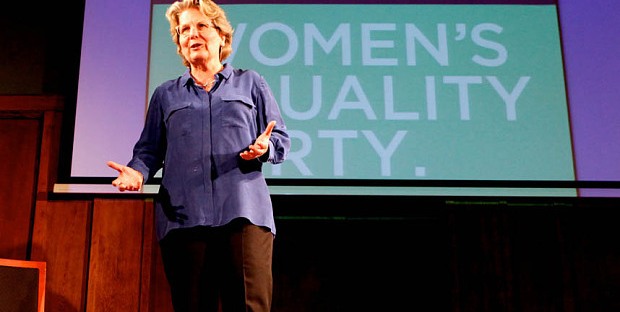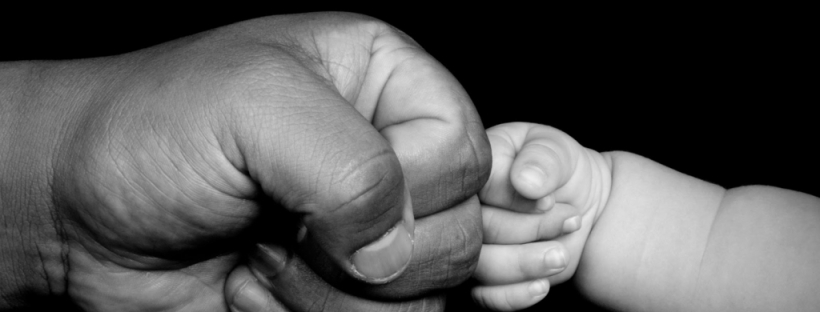I woke up this morning to my husband asking me what the Women’s Equality Party intended on doing about the gender gap in higher education (that he’d just heard about on the radio).
His sudden interest in Women’s Equality Party policy is due to said gender gap being in favour of girls, and widening. More girls are going into higher education (they’re now over 30 percent more likely to enter HE), and it would seem the boys are getting left behind as early on as at primary level. Does the party give a crap about that inequality? He wants to know. Well, I’m hardly its official spokesperson, but as a paid up member, I thought I ought to familiarise myself with the policy.
First, lets look at the problem. The feminisation of education in the UK made a few headlines back in 2006, with calls for a system that encompasses more adventure (a male thing), and less sitting still and being conscientious (a female thing).
While I’d prefer us to get past the gendered behaviour expectations, (liberating girls to be adventurous and restless, and boys to be quiet and conscientious), I could absolutely get on board with the concept of an education system that better embraces both. Regardless of gender, a system that only caters for and rewards a very narrow view of success must be letting down a lot bright kids (currently mainly boys) who don’t conform.
Perhaps addressing the shortage of male teachers (especially at Primary level) would be a step in the right direction. Role models can make a big impact. If they can see it, they can be it. If they can’t, well… there was a period of time in Britain when little boys would ask their parents if a man could ever be Prime Minister. It’s that powerful, having somebody of your own gender to blaze a trail for you. As it happens, this does tie in with a WEP policy, to increase the number of men teaching in primary schools.
Also, let’s not forget that a university education is not the be all and end all of career paths. Somehow, apprenticeships, once highly regarded and the only way to learn a trade, have ended up often presented as a second best option, for those who weren’t very good at school (mostly boys). Meanwhile, kids who fit into the academic pigeon hole of ‘bright’ (mostly girls) are often discouraged from taking them up. Unsurprising then, that they flood the universities. When they do take up apprenticeships, girls do so overwhelmingly in the lower paid sectors (contributing to that gender pay gap). That caring is less valued and worse paid than construction is a discussion in its own right, but girls aren’t being encouraged into those higher paid apprenticeships, in typically male fields. This complicated picture of which gender is losing out where, and how, is somewhat migraine inducing and I personally could now do with a lie down. It’s a bit wonky all round, but I’m fairly confident that gender roles play a key role or two.
So, yes, let’s try and create an education system that includes those who don’t flourish on being quiet and still. Lets get more role models for our boys throughout their education. Perhaps lets widen our view of career success, to see non academic paths as equally valuable. Most importantly, though, lets drop those gender roles and just create great opportunities for all children, be them quiet, cerebral, practical, restless…
In answer to my husbands question, WEP is barely off the starting blocks as a party, but it does plan to address the lack of male teachers. There’s currently no policy directly addressing the focus on being still and quiet (perhaps in second policy document?) but there’s plenty to make that less of a male problem, by producing children that fit less neatly with those gendered behaviours, and that is a pretty damn vital piece of the puzzle.









